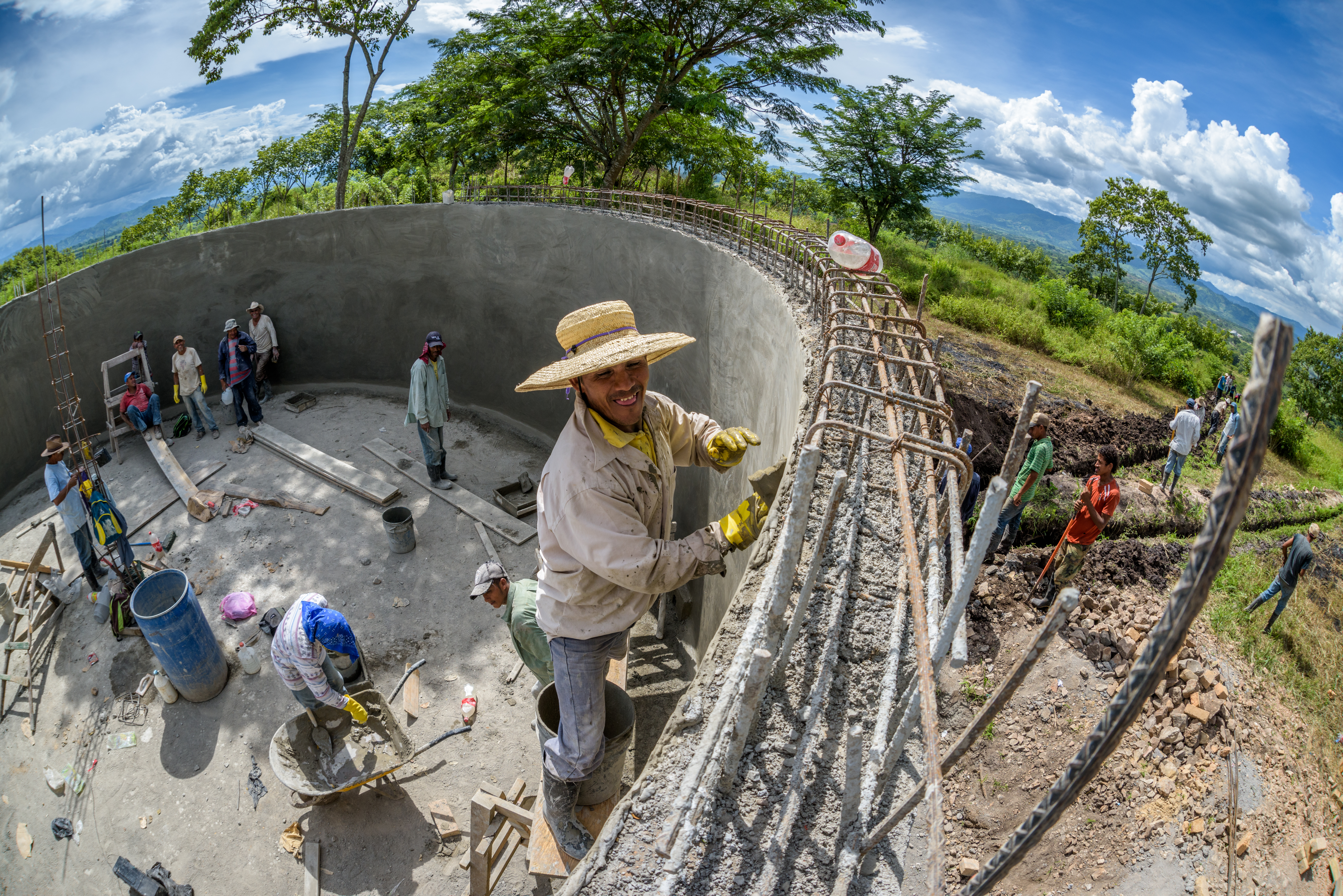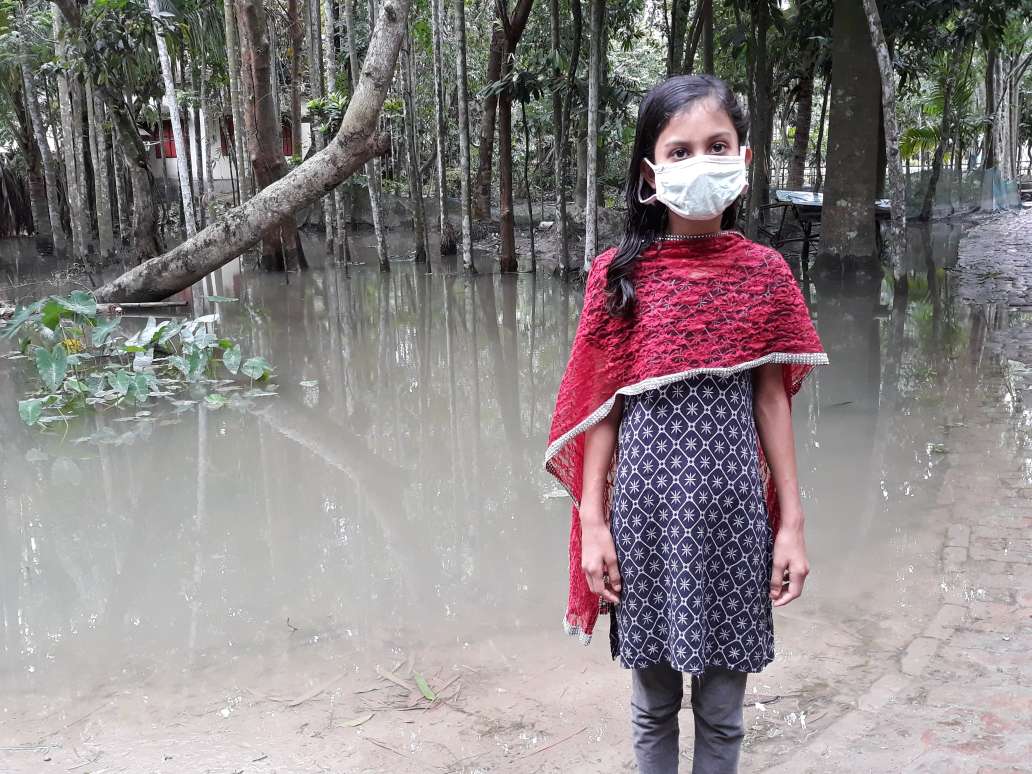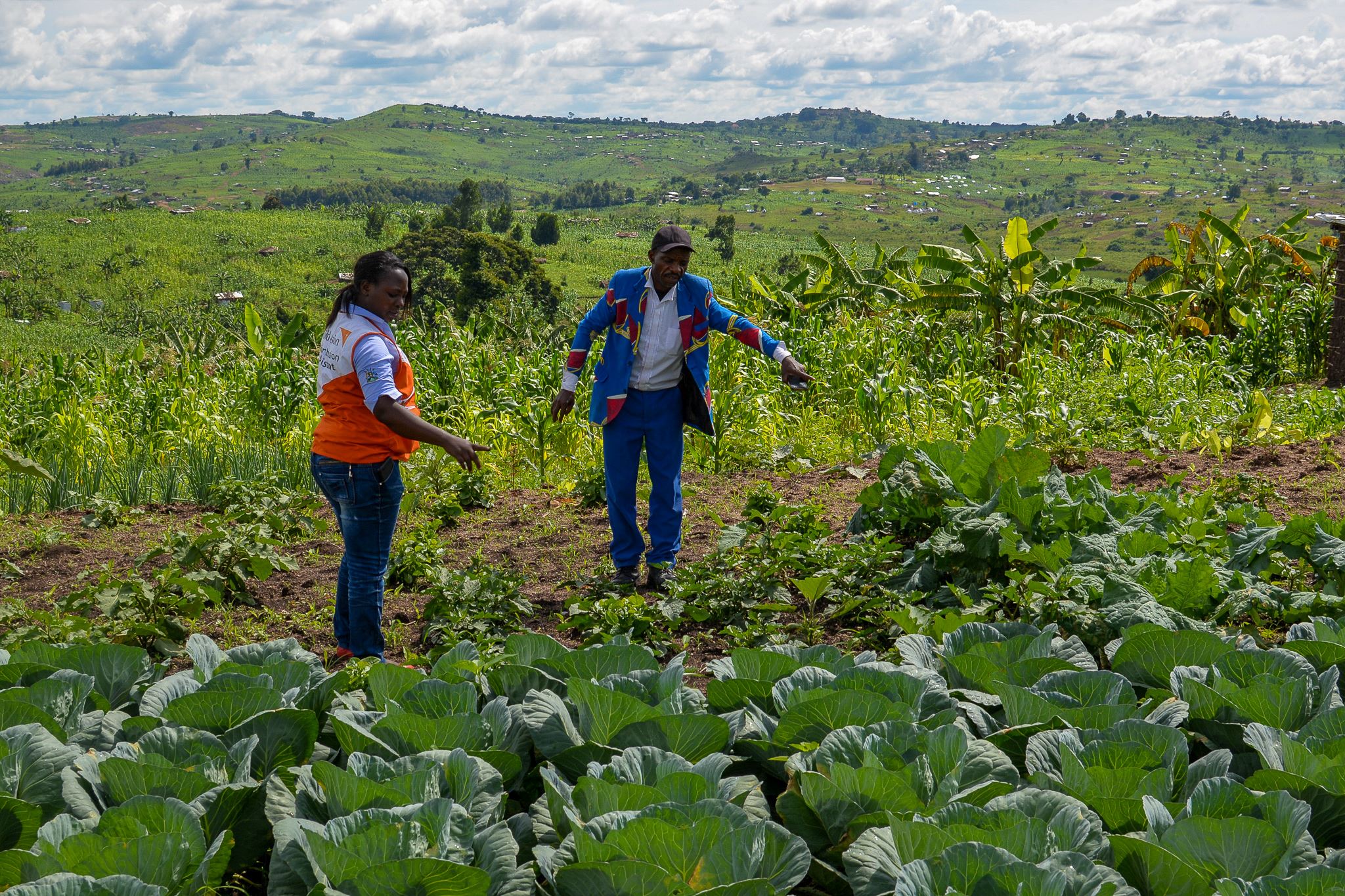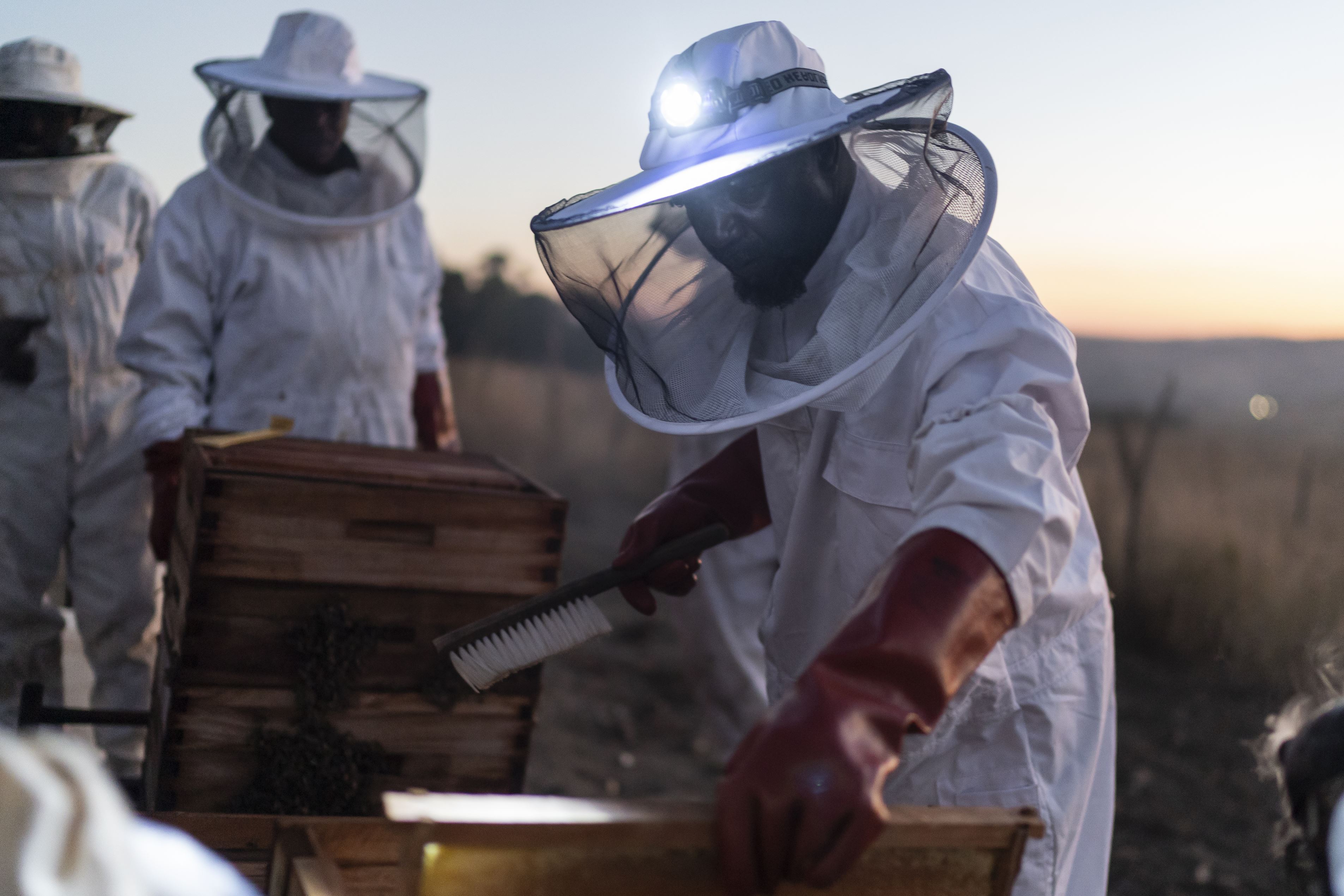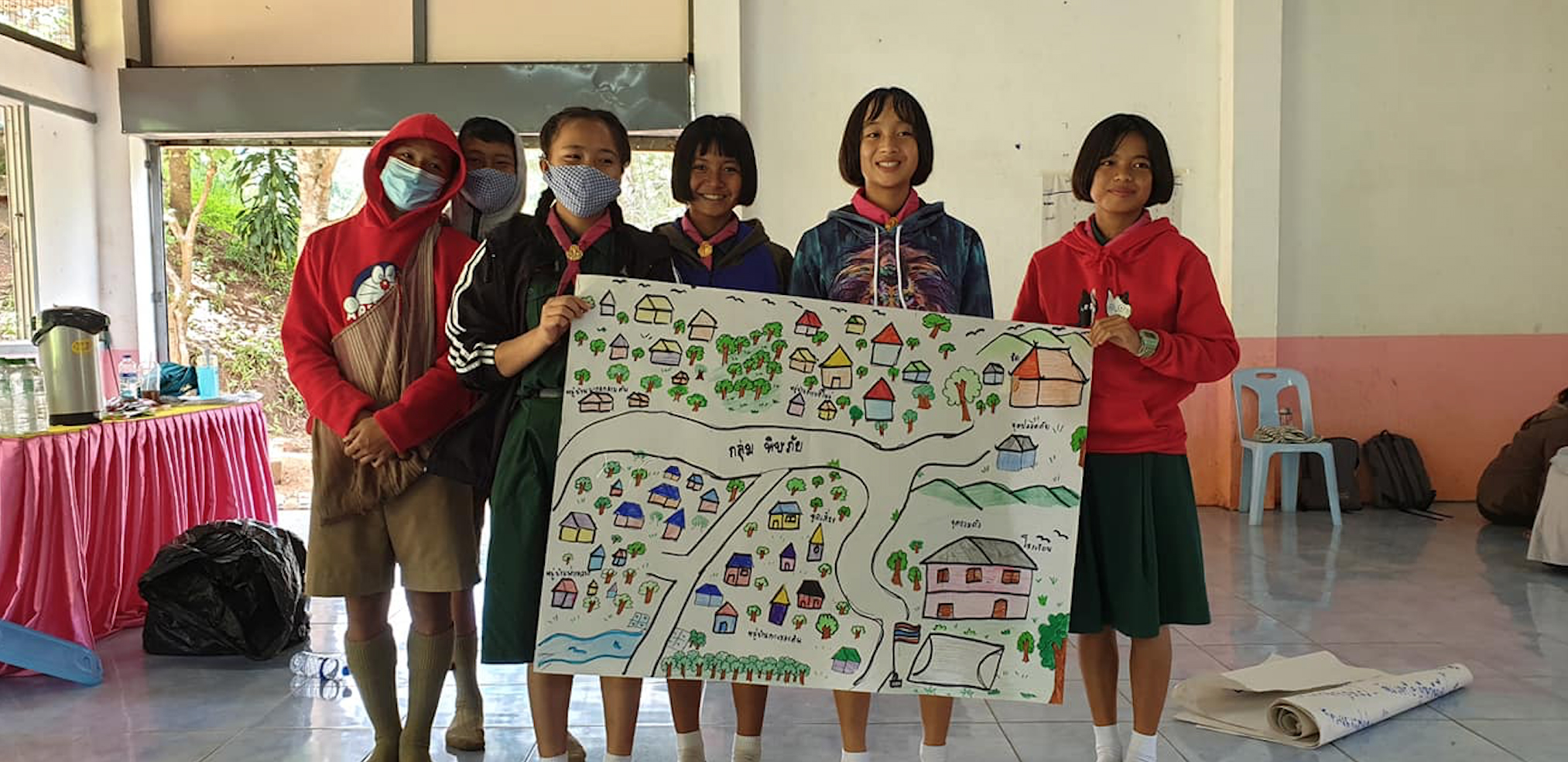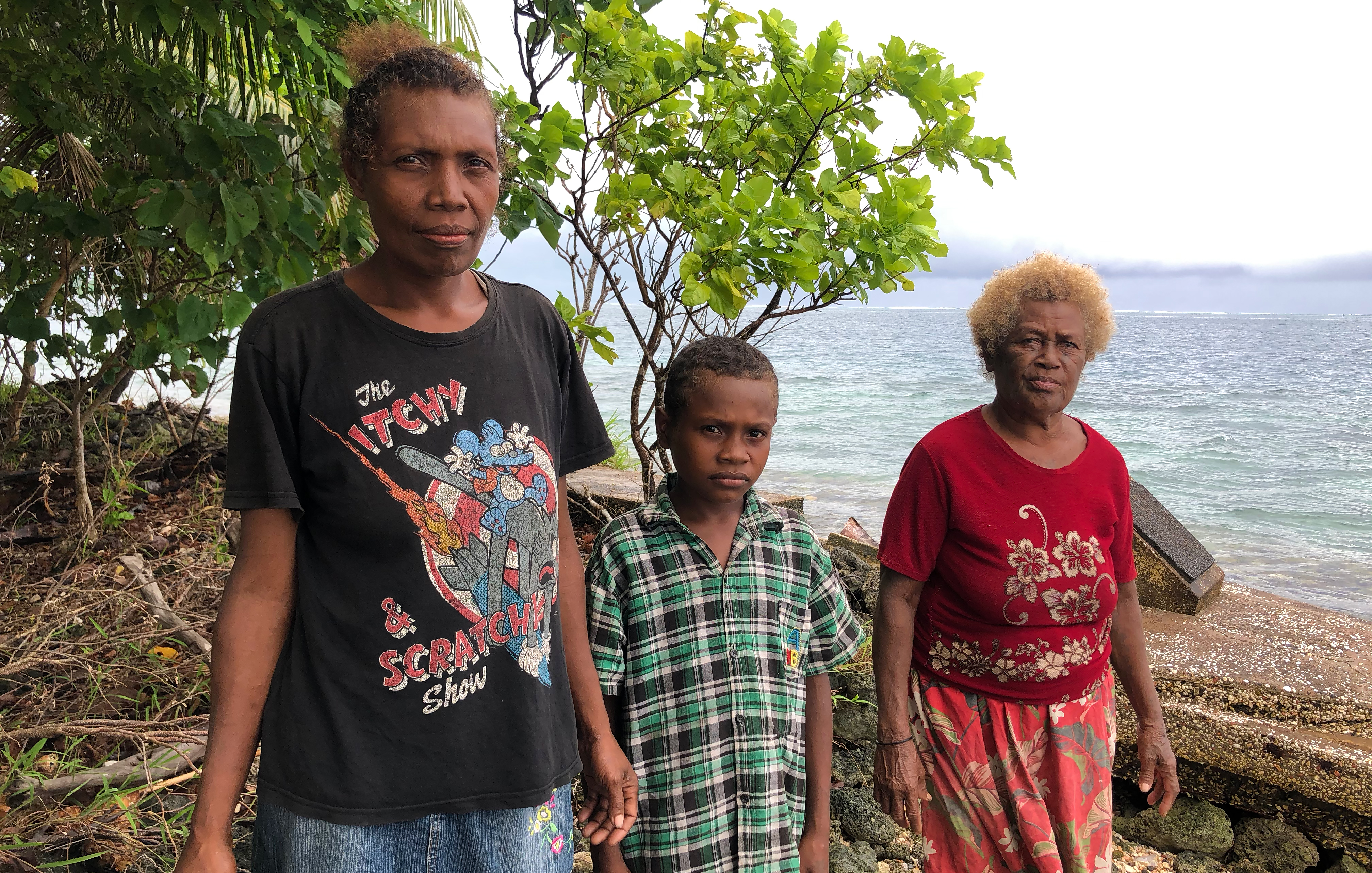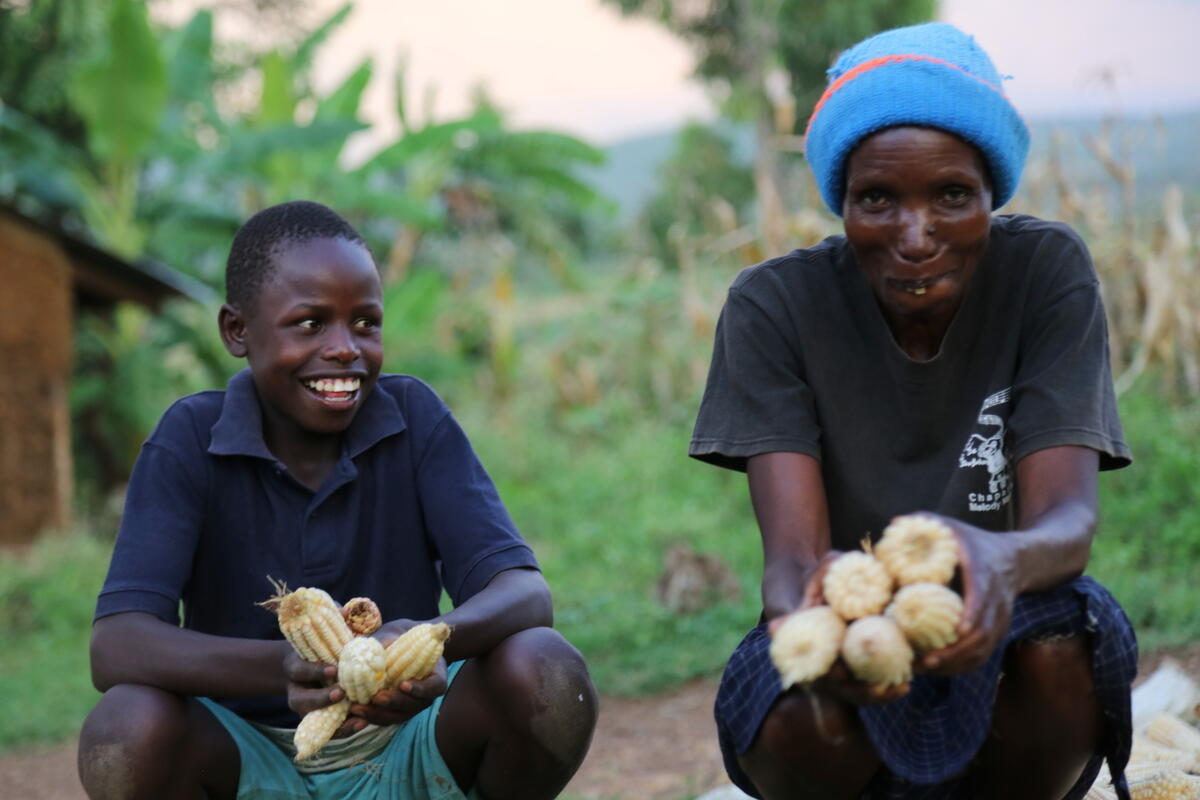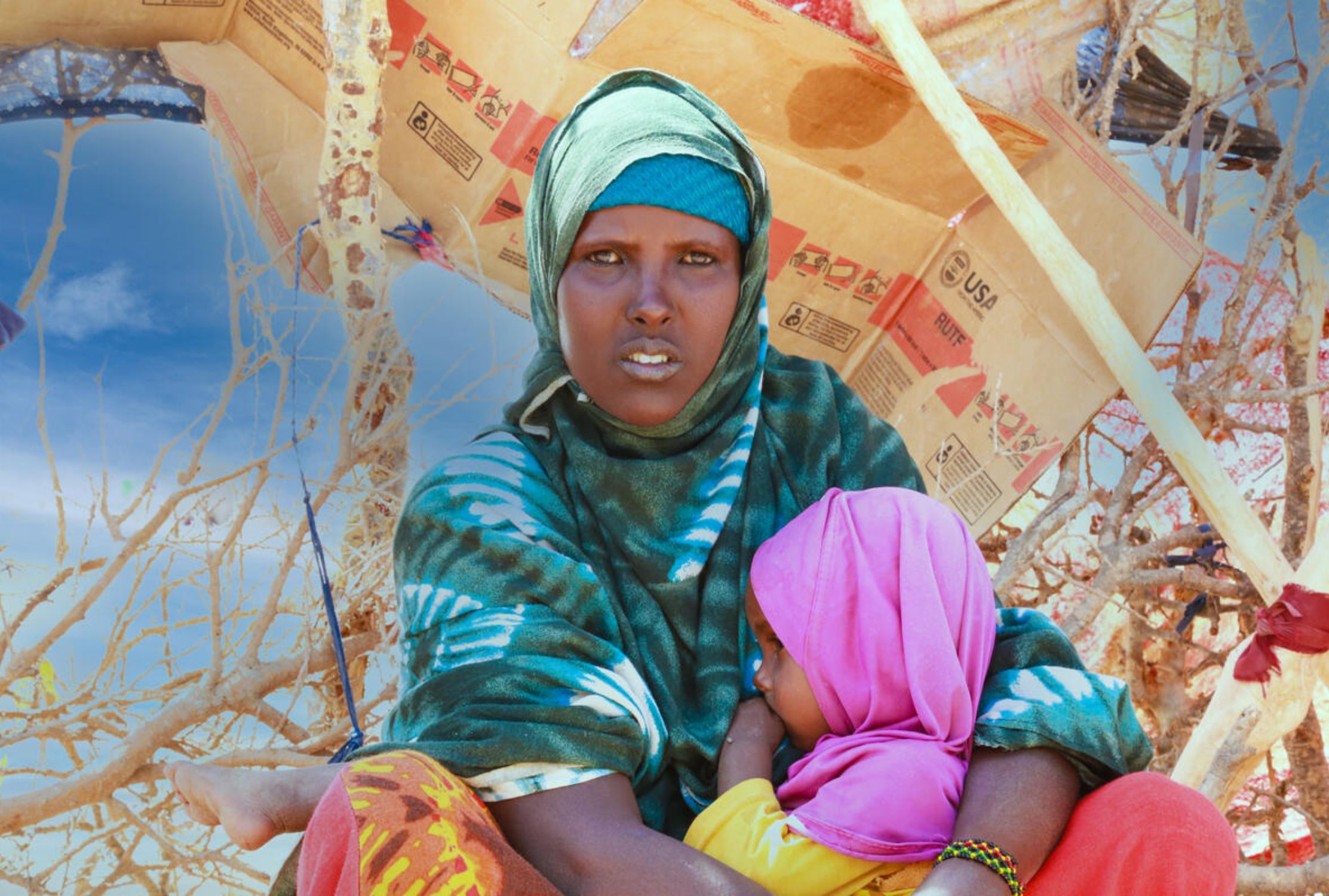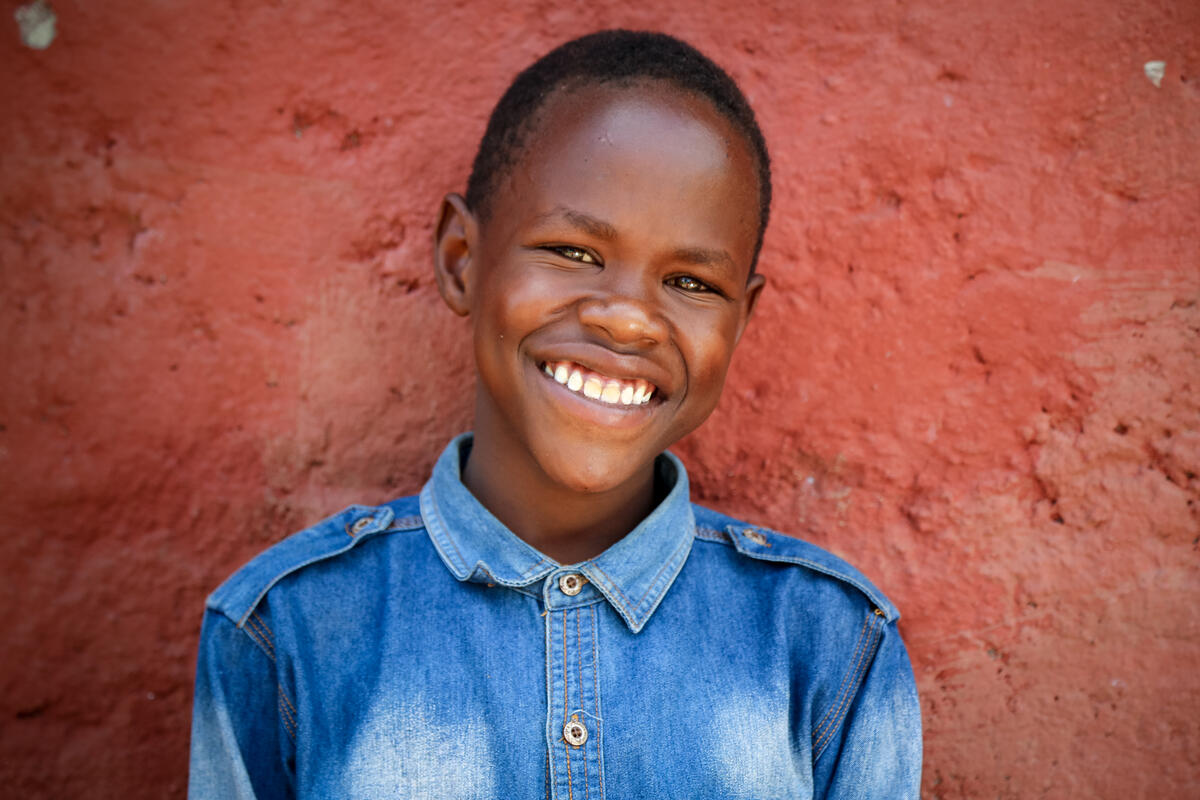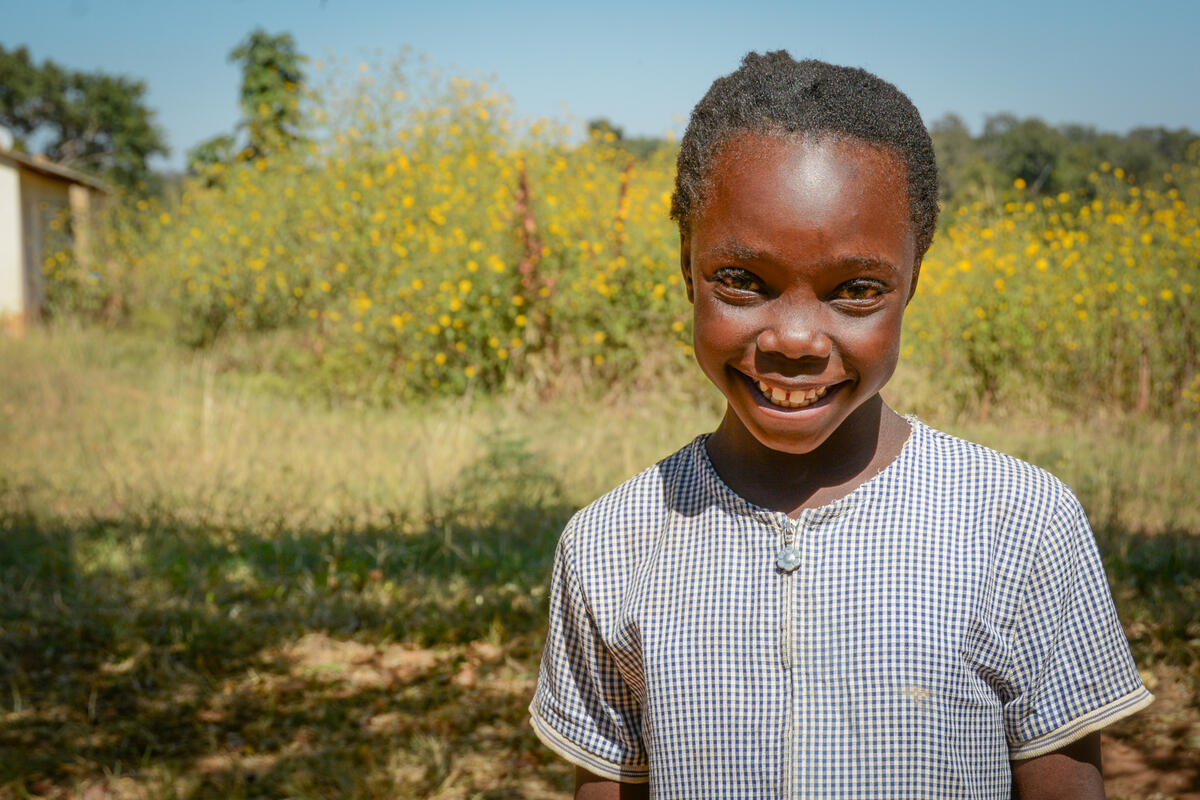The link between climate change and poverty
Climate change is a ‘threat multiplier'. It creates more uncertainty around seasons, rainfall and droughts, making it harder for small-scale farmers to secure a stable livelihood as it increases the difficulty of planning and adapting crops or livestock expansion - trapping them in a cycle of poverty.
The link between climate change and poverty is particularly stark in poorer areas of the world. Climate change causes disasters like droughts and floods, and people and communities who are poorer are less likely to be able to prepare for such events. This means the effects are worse, poverty worsens, and the cycle continues.
In such disasters, children are often the most vulnerable. Here, children around the world share their stories of how climate change has affected their lives.
